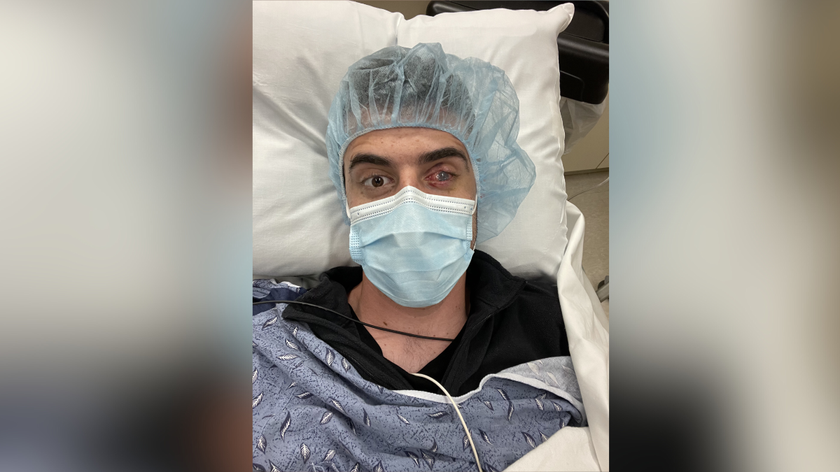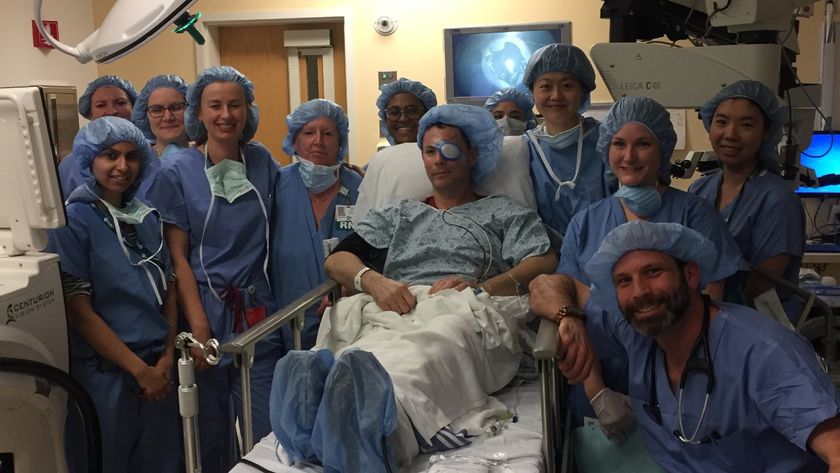Surgeons Avoid 'Pulling the Plug' if Mistake Occurred

Surgeons who believe their technical error harmed a patient are less likely to honor that patient's request to withdraw life-supporting therapy, new research suggests. Even if the complication wasn't a surgeon's error, only 41 percent of them would honor their patient's wishes.
"A surgeon's emotions and sense of responsibility have inevitable clinical consequences for patients," study researcher Margaret "Gretchen" Schwarze, the University of Wisconsin, said in a statement. "I think it protects surgeons psychologically to feel that they've done everything possible to save their patient."
The problem, Schwarze acknowledges, is when the surgeon's patient has little hope for improvement and does not want to be kept alive by machines, but the surgeon refuses to consider palliative care options because of the "all in" attitude that comes with being a surgeon.
"Our findings call into question the degree to which non-clinical factors may unduly interfere with a patient's ability to control his or her health care decisions," Schwarze said. "It highlights the importance of frank discourse and consultation with other disinterested parties to help navigate what may be difficult decision-making about end-of-life care, particularly when there is disagreement between patients, their families and the treating physician."
The study, published online today, May 15, in the journal Annals of Surgery, is the first large-scale study to identify a link between surgeons' personal responsibility for technical performance and their decisions about post-operative life-supporting treatments.
The researchers surveyed 912 vascular, cardiothoracic and neurosurgeons across the country to better understand how they make decisions to withdrawal of life support. The survey presented surgeons with different scenarios where a patient suffers dire post-operative complications. In one scenario, the problem is caused by surgeon error; in another, it is unclear what caused the complications; sometimes the operation is portrayed as an emergency and sometimes as an elective procedure.
In the scenario where patients suffer complications from a doctor making a mistake, only 33 percent of surgeons said they would honor their patient's request to withdraw life support. However, that number jumps to 41 percent when the complications presented in the scenario were not explicitly the result of surgeon error. It didn't matter if the surgery was emergency or elective surgery.
Sign up for the Live Science daily newsletter now
Get the world’s most fascinating discoveries delivered straight to your inbox.
"Surgeons think, 'I got you into this situation, and now I need to get you out of it,' And that's a great attitude for a surgeon to have," Schwarze said. "I think we would all want our surgeons to feel responsible for us and to fight for us."












